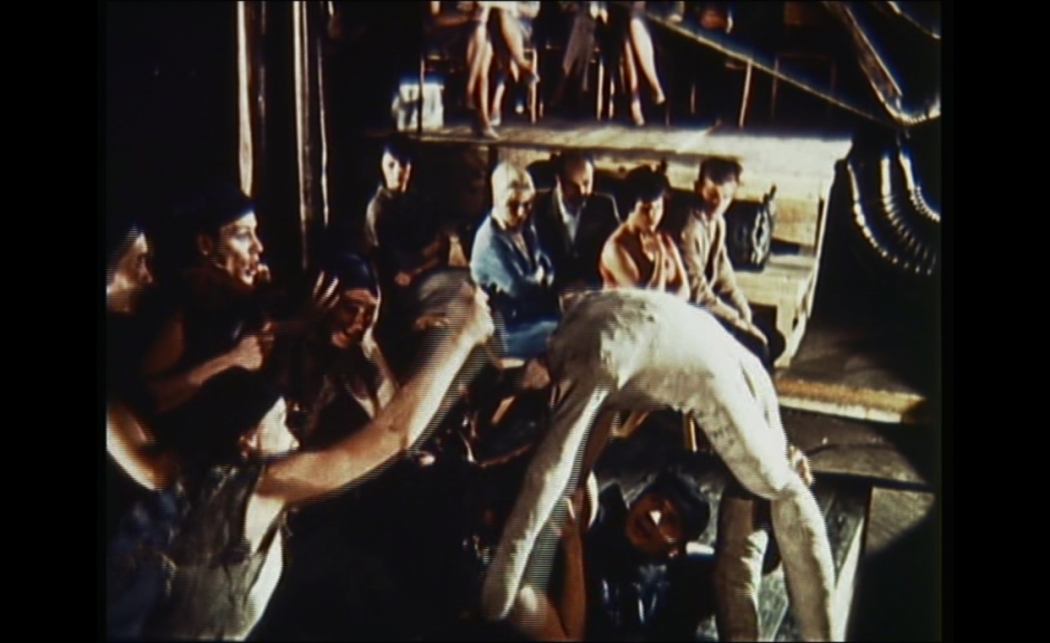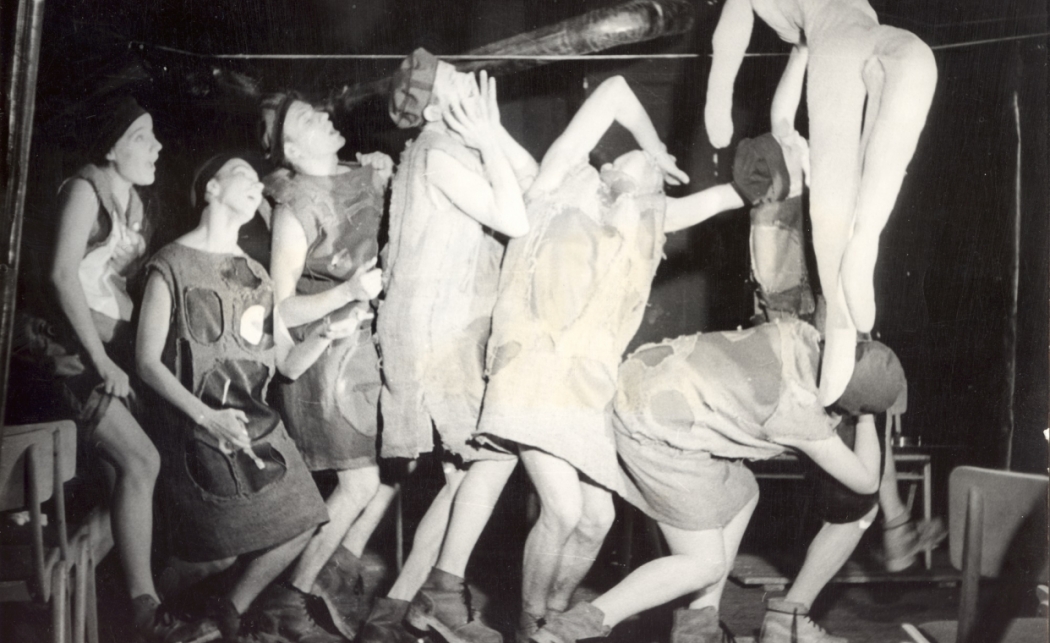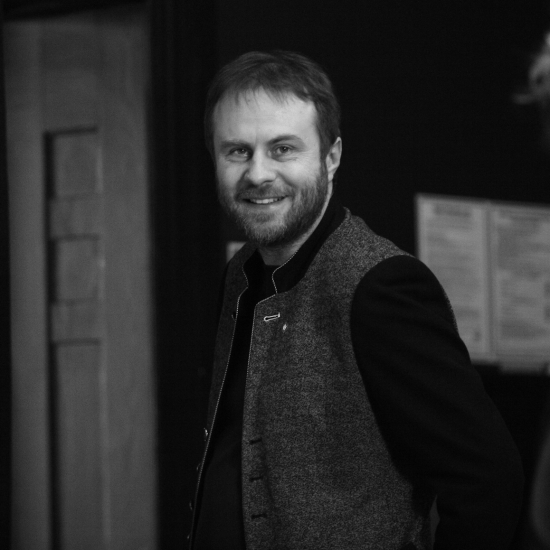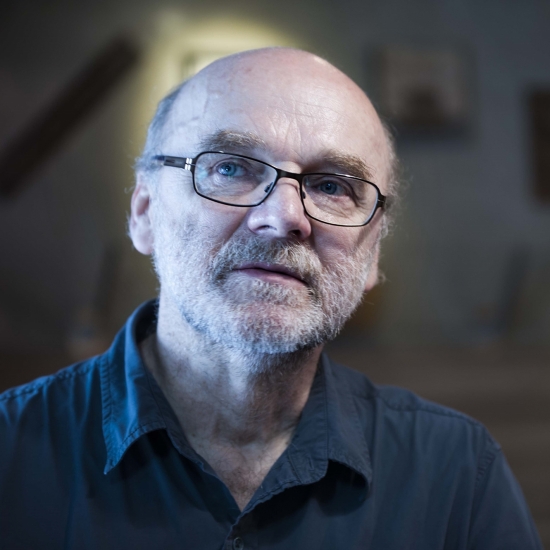Rhizome
A remix of Acropolis with Stanisław Wyspiański’s text, in the version presented by Jerzy Grotowski and Józef Szajna at the Laboratory Theatre of the 13 Rows in Opole (first performed on 10 October 1962)
The production by Jerzy Grotowski and Józef Szajna, a survivor of KL Auschwitz, was inspired by Tadeusz Borowski’s vision showing the world of concentration camps as a system where death is a mass phenomenon, but it is not demonic, rather a consequence of the operation of a totally ordinary mechanism, governed by the laws of management and economics. It depicted a community of inmates building their own camp and going obediently to the gas chamber at the end. The human wrecks re-enacted Biblical and Ancient Greek myths in collective hallucinations, and eventually also the myth of resurrection of the dead, i.e. the myths Wyspiański recalled in Acropolis, but mocked and desecrated in the camp’s reality.
The performance ran for seven years (1962–1969) and had five variants, with a changing cast, but it only became known to a larger audience when it was televised by James MacTaggart in 1968. That TV version provided the basis for another performance, by Elizabeth LeCompte, entitled Poor Theatre: A Series of Simulacra (2004), which was a re-enactment (recreation, restaging, restoration and revival) of the recorded piece.. The performance by the Wooster Group from New York City made it possible to see Acropolis as a rhizome, with no beginning or end, growing in various directions and bringing all sorts of semiotic orders into play, a rhizome already designed by Wyspiański, who turned the Wawel Cathedral in Kraków, with its sculptures and tapestries, into a theatrical set in his piece.
This remix is going to combine it all: the Wawel Hill becoming an axis of Polish political and spiritual life in Wyspiański’s plans, the Auschwitz-Birkenau concentration camp as a symbol of the Shoah, the different variants of Grotowski’s and Szajna’s performance with their audio and video documentation, and finally LeCompte’s performance as a re-enactment of one and the other. Just as the Laboratory Theatre’s performance contained Wyspiański’s self‑commentary on his own play, the remix will include a self-commentary by Ludwik Flaszen, literary director at the Laboratory Theatre. On top of that, Flaszen will appear in it himself, remixing his own confessions of a Jewish survivor. The remix of Acropolis will also feature one of the creators of the performance, Rena Mirecka. In this manner, the idea of a living archive will be fully realised, and Wyspiański’s project will in a way come to life too.
Leszek Kolankiewicz
- Director — Jarosław Fret
- Dramaturg — Leszek Kolankiewicz
- Original title — Kłącze



